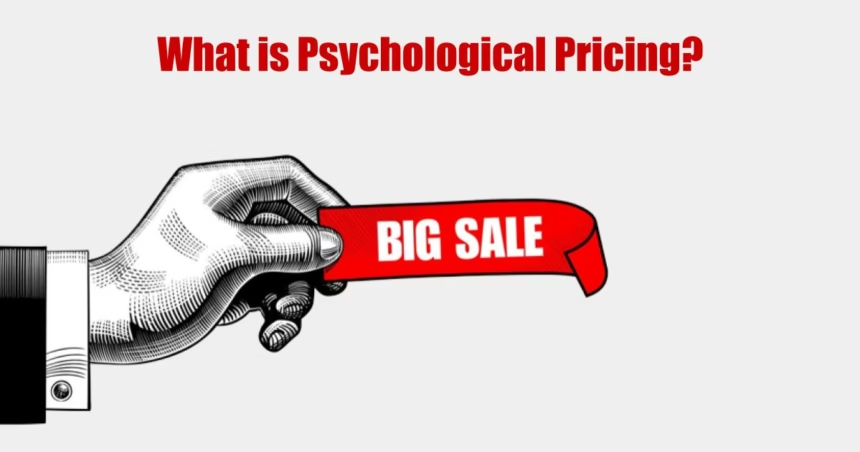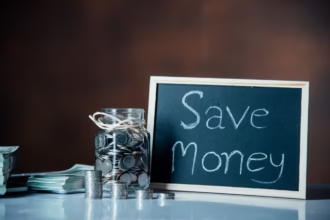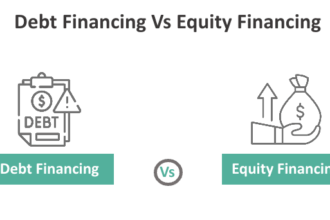In this post, you’ll learn exactly how pricing psychology works, why it matters for your business, and how you can use it to make better pricing decisions.
Pricing isn’t just about numbers; it’s about perception. For many small businesses in Nigeria, pricing can make or break their chances of attracting and keeping customers.
This is where the psychology part comes in. It helps you understand how people think about prices and how you can set your prices in a smart way that works for both your customers and your profits.
Why Nigerian SMEs Struggle With Pricing
A lot of small business owners in Nigeria face the same issue: if you charge too much, people complain. If you charge too low, you make no profit. So, where’s the balance?
Many SMEs copy what others are charging, guess their price, or fear losing customers, so they keep reducing prices. But this “guesswork pricing” can hurt your business in the long run.
That’s why learning the psychology of pricing gives you a smart edge.
What is pricing psychology?
Pricing psychology is the study of how people react to prices. It’s not just about the actual amount you’re charging; it’s about how your price makes people feel. People don’t always make buying decisions with logic. They are influenced by feelings, appearance, habits, and even how the price is written.
This is why two businesses can sell the same product at different prices, but one sells more because it “feels” right to the customer.
The Nigerian Market Is Emotion-Driven
In Nigeria, buying is often emotional. People are driven by trust, social status, fear of fake products, and even peer pressure. The psychology of pricing helps you present your product in a way that makes buyers feel smart, respected, or even proud for choosing you.
Psychological Pricing Tricks That Work in Nigeria
Let’s explore simple but powerful ways you can apply pricing psychology as a Nigerian SME.
1. The Power of 9
Ever wonder why many prices end in “9”? For example, ₦999 instead of ₦1,000?
It’s because ₦999 “feels” cheaper than ₦1,000, even though the difference is just ₦1. It plays a trick on the brain, making people feel like they are getting a better deal.
Try this with your products and see the difference.
2. Use Anchoring to Control Perception
Anchoring means giving customers a reference price to compare your offer with.
For example, if you sell a fashion item for ₦30,000, show a more expensive option (say ₦60,000) beside it. Now, ₦30,000 looks affordable. You’ve made it the “smart” option.
This method is used a lot by luxury sellers in Lagos and Abuja.
3. Create Value Perception with Bundles
Instead of selling one product for ₦5,000, try this:
“3 for ₦12,000 — Save ₦3,000”
Now the buyer sees savings, not just cost. Bundles help customers feel like they’re winning. This technique works well for beauty products, food, and tech accessories.
Also Read: How to Increase Profit Margins for Nigerian Small Businesses in 2025
4. Premium Pricing Can Attract Serious Buyers
Some Nigerian buyers believe a higher price means better quality. If your product solves a real problem, pricing it higher can actually make it sell better.
This is common in tech, skincare, education, and events.
It’s not about tricking people. It’s about matching the price to the value you’re offering. This is a smart part of pricing psychology that many SMEs ignore.
5. Charm Pricing in Local Markets
Even in physical stores, ₦4,950 sounds better than ₦5,000. A customer’s brain sees the smaller number first and feels more comfortable. This is called “charm pricing”.
Try it at your store or in your captions online.
6. Always Explain the “Why” Behind Your Price
Nigerian customers love to ask, “Why is this one expensive?” If you don’t have a solid answer, they’ll walk away.
Use this chance to educate them: show what goes into your work, how long it takes, and why your product is different. This shifts the conversation from price to value.
This is also a form of pricing psychology, guiding the buyer to understand and believe in your price.
7. Don’t Be Scared to Show Prices
Some small business owners hide their prices, thinking people will DM them and buy. But most people scroll past. Nigeria is now a fast-paced online market. If people don’t see the price quickly, they move on.
Showing your price upfront builds trust and filters serious buyers. Use your price to start the right conversation.
Mistakes to Avoid When Applying Pricing Psychology
Here are some traps that Nigerian SMEs fall into:
1. Copying Competitors Without Context
Just because your competitor is selling for ₦20,000 doesn’t mean you should. They may have cheaper suppliers, a larger audience, or different goals.
Use their price only as a reference, not as your blueprint.
2. Changing Prices Too Often
Frequent price changes confuse customers. It also makes you look unstable. Use pricing psychology to set a price that can stay consistent.
3. Pricing Too Low Out of Fear
Low pricing can attract the wrong buyers, those who complain, haggle, and disappear.
Instead, use pricing psychology to add value, bundle smartly, and build trust.
How Pricing Psychology Works With Online Sales
Many SMEs now sell on Instagram, WhatsApp, or Jumia. These platforms require more attention to how prices appear because people are not physically touching your product.
In your captions and product pages, use price anchors, bundles, limited-time offers, and social proof. Make your price look like a deal, not a cost.
Don’t Miss: Building a Sustainable Startup That Doesn’t Sacrifice Profit
Smart Pricing Builds a Premium Brand
Your price speaks before your product. If your goal is to grow a long-lasting brand in Nigeria, stop seeing price as just numbers. Start seeing it as part of your marketing.
Use pricing psychology to position your product, shape your customer’s mind, and increase your profits without begging or lowering your standards.
Your price tells your story, so make sure it’s saying the right thing.






